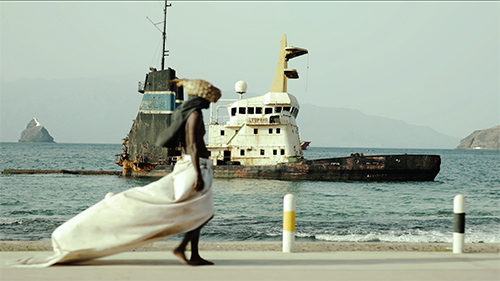
“I wanted a universal theme at the end. I wanted to show people how Cabo Verde was important to the fabric that composes our world.” – Nuno Miranda
To some he was a lunatic. To others he was an artist. Kmedeus (EatGod) who lived on the island of Sao Vicente, Cabo Verde, was and still is a mystery to all. The intriguing tale of this homeless eccentric is the subject of a film by Nuno Miranda which takes the audience on a journey through his hometown of Mindelo and an exploration of the foundations of one of the oldest Creole communities in the world. The film features the art of contemporary dancer and choreographer Antonio Taveres and his performance piece based on the life and inner worlds of Kmedeus.
Nuno Miranda is a writer and actor and the Director of Kmedeus. The Global Search for Education is pleased to welcome Nuno Miranda.
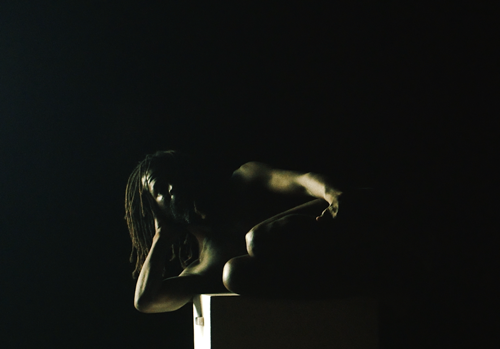
“I believe that the more you work, the more empathy and humbleness you gain, especially if you start with a documentary.” – Nuno Miranda
Nuno, your documentary was inspired by the work of choreographer António Taveres. What was it about this performance that made you create your documentary?
It all started with the day we met, we talked extensively about subjects of our common interest…Cabo Verde, our history, the Creole people of our islands, historical traumas…and then he talked to me about his play he did years before, Kmedeus, and how the play’s backbone is the backbone of the cultural essence of the island of São Vicente. Taking my experience of working with dance performers and being very interested in their process of portraying a theme and storytelling with their human body, I was all in!
What are the themes that attracted you most and why?
I was interested in going through this “trippy” adventure through the essence of the island: the Carnival, the power of the Cinema, music. I was especially interested in the theme of the “persona”…as some say in the documentary, everybody needs a persona. Even as we see at the end, we assumed a persona to battle our demons from colonialism, and Kmedeus, the lunatic, had a very strong persona…as if he absorbed the subconscious of the city and created this utopian thinking. The theme of persona helps us walk this tightrope between sanity and insanity. Up until the end of the film, we are left not knowing who is a lunatic and who is not.
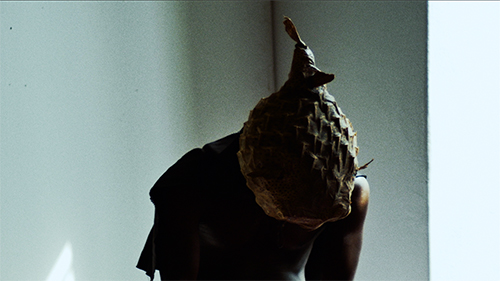
“Surround yourself with “mentors” that criticize your work harshly, but with the intention of making you grow and nurture your vision.” – Nuno Mirando
What have you learned through the process of creating your documentary?
Besides learning a lot about my country, I learned the basis of guerrilla filmmaking. None of this would have been possible without the help of my producer, Pedro Soulé, who managed the resources in order for us to be able to take as many trips as we needed to São Vicente to film and to research. But besides him, my assistant producer, sound guy, and every helping hand during production made it possible. I shot the film, directed, recorded sound at times, and edited on a tight schedule. It was a roller coaster ride that made us all think…yes, it is possible to make good quality films here, as long as we have a small tight crew and know exactly what we want, how to get it, and understand our limitations. It was eye opening.
What surprised you most?
The fact that we pulled it off honestly. It was hard filming it, nights and days, at 5am, in bars, digitalizing the photos, convincing the elder people to provide us with material and to give us interviews, managing the resources, which were practically non-existent at times, dealing with limitations on a day to day basis. And, of course, the edit. It was the hardest editing process I ever went through. The story is not linear, not structured in a conventional form. Plus I had to deal with the fact that I had to give out information, historical facts, make sense of the arch, and back it up with facts. The pressure was huge. There were many drafts and I had to “kill many of my darlings”, but at the end it was great, especially hearing the standing ovations we got in the birthplace of the project, São Vicente. It made us feel we delivered.
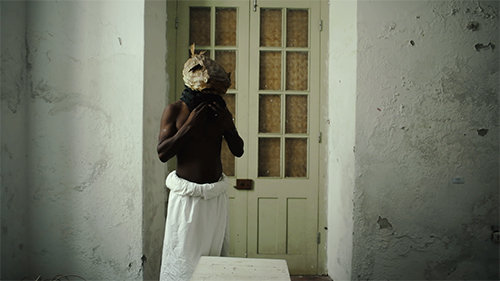
“Give yourself room for error. Give room for time. Sometimes you seek out an idea, but sometimes you have to sit still and let the idea unravel right in front of you.” – Nuno Mirando
What advice would you give to other directors starting production on their first film?
Be aggressively confident about your material. I believe that the more you work, the more empathy and humbleness you gain, especially if you start with a documentary. You are completely dependent on the people’s story to make your film. Keep always in mind that you only learn fully by doing. Seek to make your film as best as you can. Be your own biggest critic. I live in a country where people don’t usually say the truth to people’s faces. For me that is harmful. Surround yourself with “mentors” that criticize your work harshly, but with the intention of making you grow and nurture your vision. Know your film from front to back in it’s essence. Leave room for surprise. I can’t stress enough how important that is. When you’re attracted to a story, it hits you first in the subconscious, like a kaleidoscope of frames and ideas. It’s a blank canvas and gradually you paint it stroke by stroke with your consciousness. Give yourself room for error. Give room for TIME. Sometimes you seek out an idea, but sometimes you have to sit still and let the idea unravel right in front of you.
How has the pandemic impacted the release of this film to the public? Where is the film being seen by audiences currently?
Honestly, it came out to be better. We had a lot of Festivals scheduled, tickets were booked, arrangements were made. Then everything was shut down immediately and our year of Festivals was quickly put to a halt. In a normal scenario, Festivals would spend thousands of dollars to accommodate both me and my producer in the Festivals, and we would speak to an audience of less than 1000 people. But with this pandemic, not only were the expenses less from the Festivals, but we also had our film streamed in the WE ARE ONE virtual festival and seen by people all around the world. When the Q&A happened, we heard feedback from different people and different cultures. Honestly, I think that this pandemic reset all our minds on what is possible with the use of technology. I think we needed it.
What has been the reception by audiences to the film so far?
Great! People liked the fresh look and the fresh approach of the film….they felt immersed.
You have described this film as your “first cinematic statement and first love letter to (your) country.” Why?
I was born in Portugal. My parents lived there until I was 12 but it always felt somehow out of place. Since a very young age I was creative, and coming to Cabo Verde when I was 12 allowed me to understand my country with an “outsiders” look. I love my country; I love to study the old poets and history. We are the first Creole people. We still haven’t even begun to understand ourselves fully. But the more I understand my country, the more I fall in love with it. It’s a love letter because all my films are immersive works, immersed in what it signifies to be a cape-verdean. This film was my greatest experience as a filmmaker, and it brought me closer to Cabo Verde even though I thought I knew it all. That’s why it’s a love letter.
Who did you see as your audience for this film and what are the important take-aways you hope they will discover when they experience your story?
I wanted a universal theme at the end. I wanted to show people how Cabo Verde was important to the fabric that composes our world. When António quotes Eduardo Glissant in the film, it ties it all together and shows that the creolization of the world is something inevitable that started in Cabo Verde. It also shows how important it is to know ourselves. Kmedeus was a prophet to me. He understood how the Creole man needs to accept and feel proud of all the pieces that compose him. And also how important it is to heal traumas from our past history. That being said, my audience is anybody interested in seeing a story about people getting to know who they are.
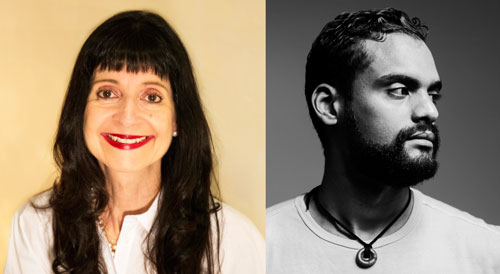
C.M. Rubin and Nuno Miranda
Thank you to our 800 plus global contributors, artists, teachers, entrepreneurs, researchers, business leaders, students and thought leaders from every domain for sharing your perspectives on the future of learning with The Global Search for Education each month.
C. M. Rubin (Cathy) is the Founder of CMRubinWorld, an online publishing company focused on the future of global learning, and the co-founder of Planet Classroom. She is the author of three best-selling books and two widely read online series. Rubin received 3 Upton Sinclair Awards for “The Global Search for Education.” The series, which advocates for Youth, was launched in 2010 and brings together distinguished thought leaders from around the world to explore the key education issues faced by nations.
Follow C. M. Rubin on Twitter: www.twitter.com/@cmrubinworld

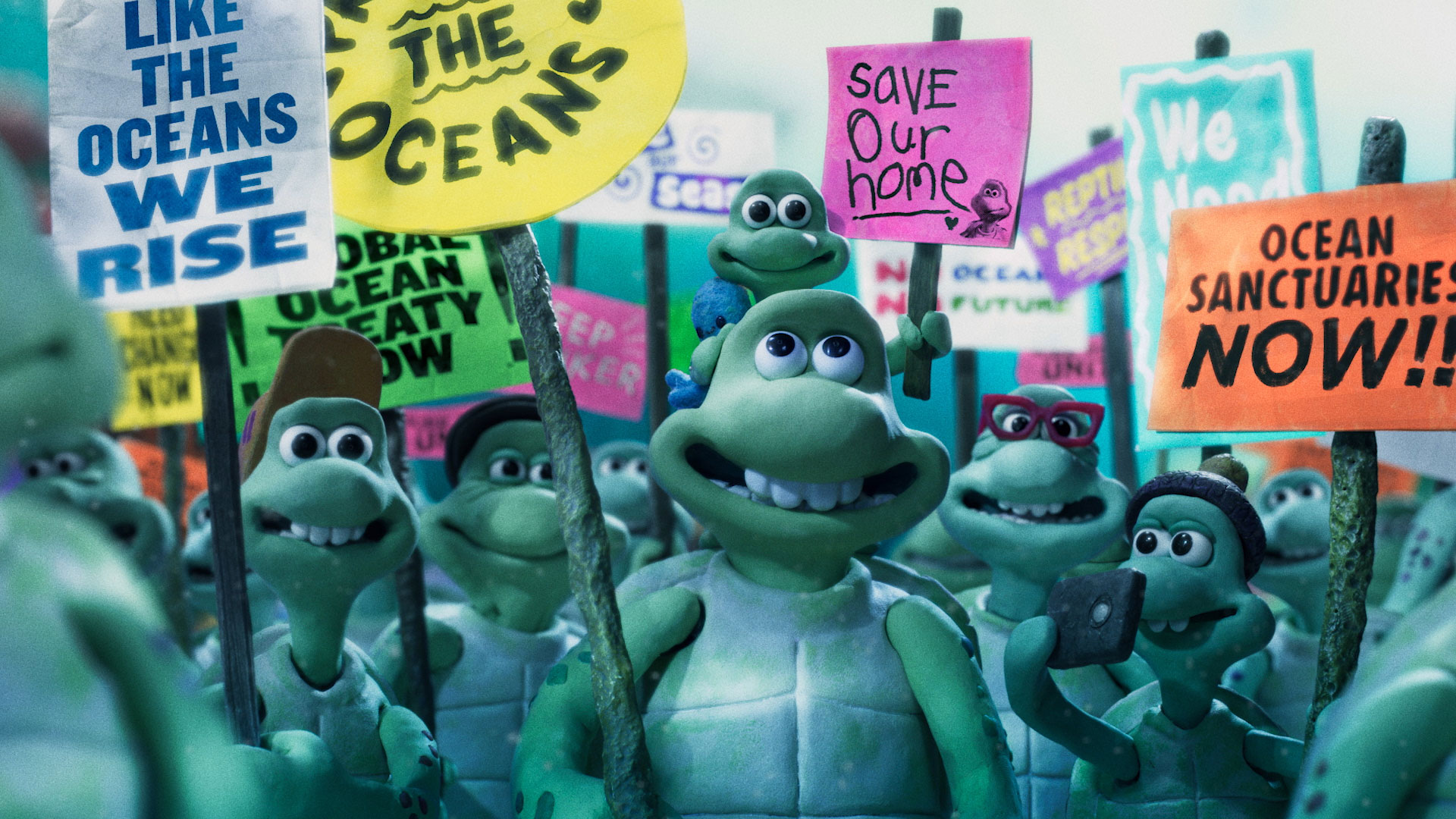
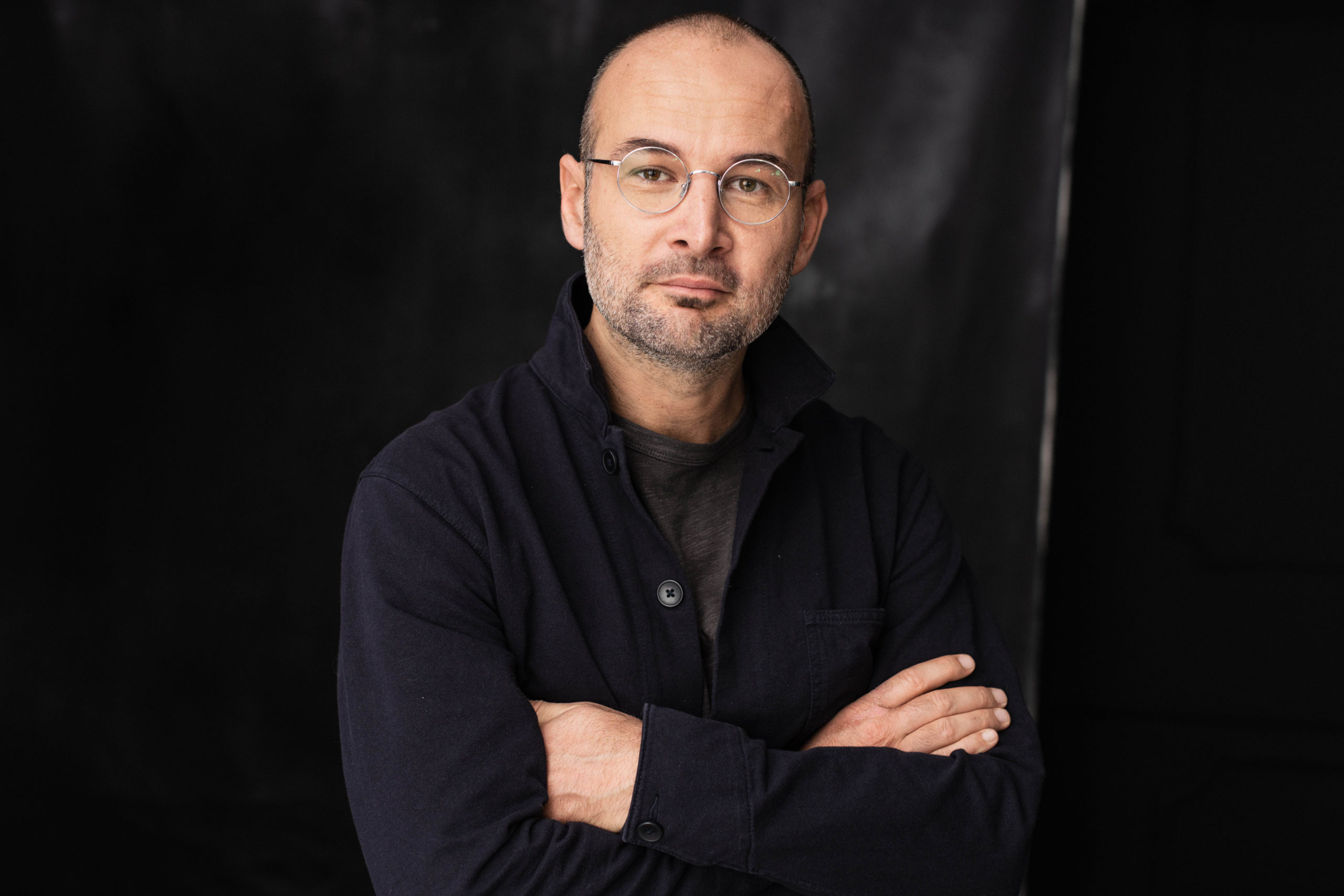

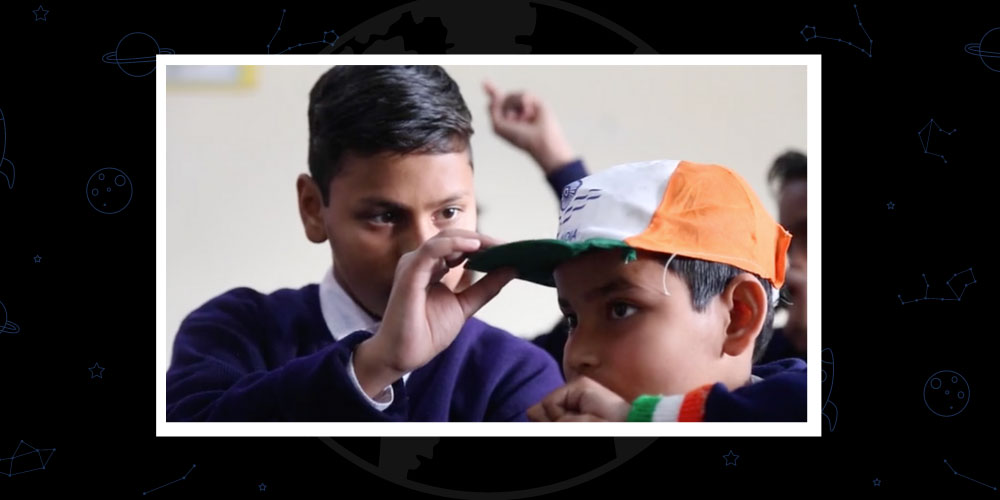
Recent Comments